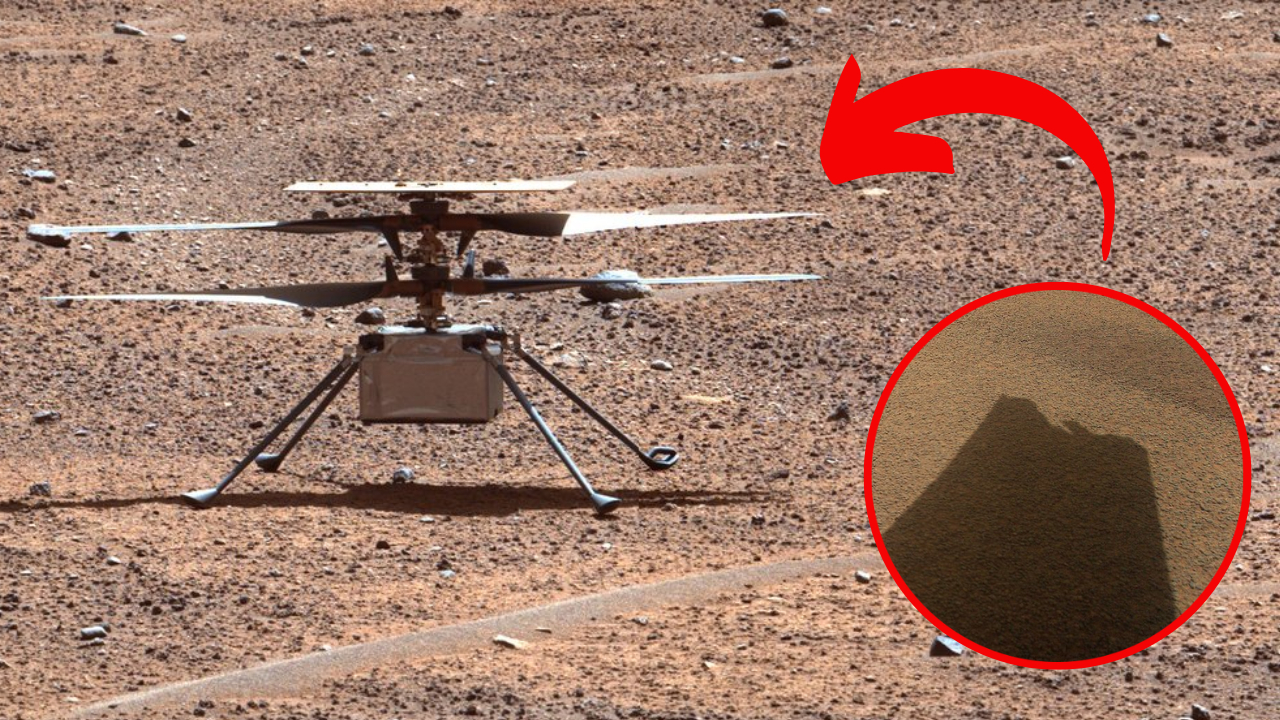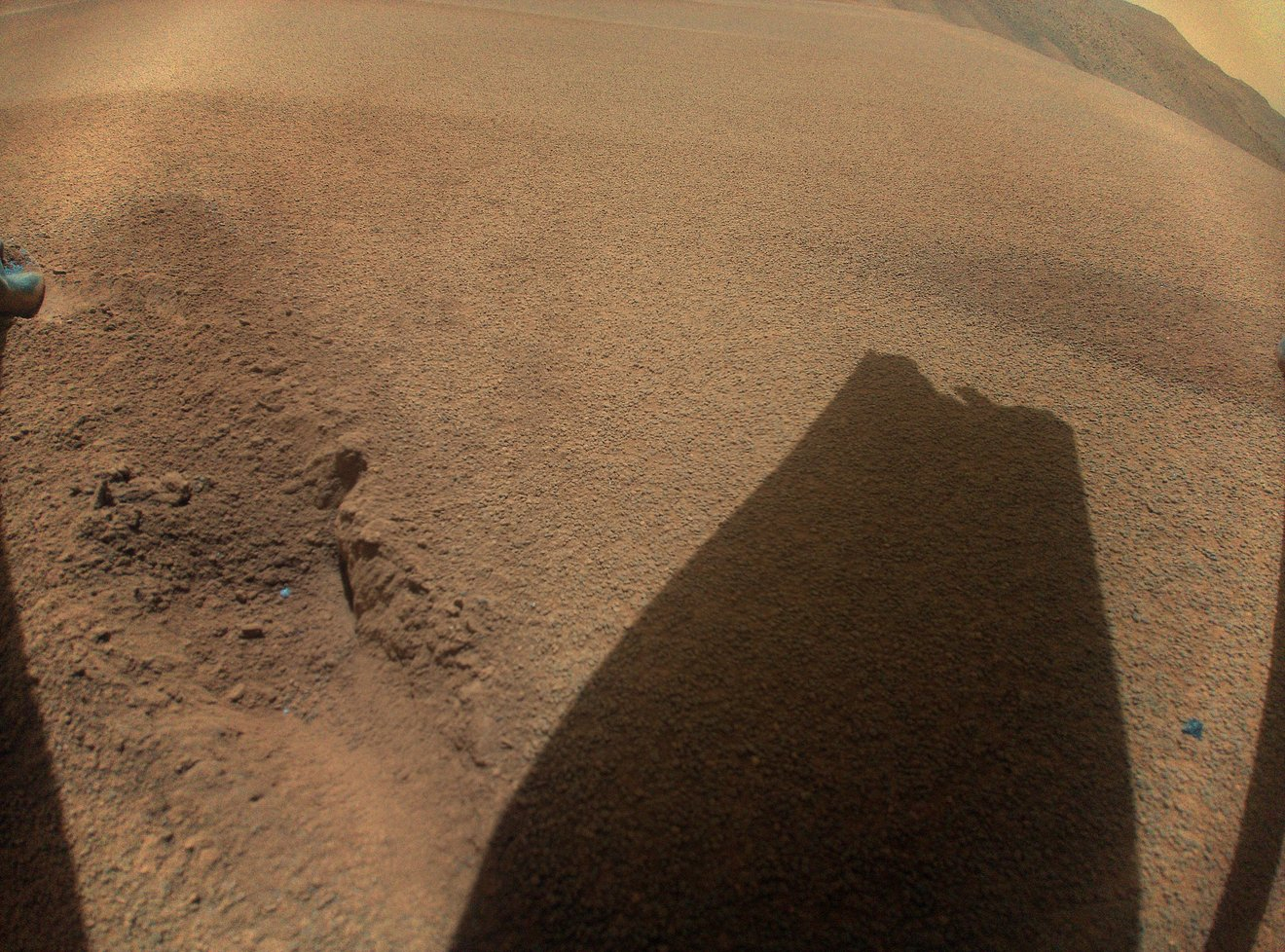
NASA's pioneering helicopter Ingenuity has made its final Mars flight.
Ingenuity — the first-ever robot to ply the skies of an alien world — suffered rotor-blade damage during its most recent hop and "is no longer capable of flight," NASA announced today (Jan. 25).
"The historic journey of Ingenuity, the first aircraft on another planet, has come to an end," NASA Administrator Bill Nelson said in an agency statement.
"That remarkable helicopter flew higher and farther than we ever imagined and helped NASA do what we do best — make the impossible, possible," Nelson added. "Through missions like Ingenuity, NASA is paving the way for future flight in our solar system and smarter, safer human exploration to Mars and beyond."
Related: NASA loses contact with Ingenuity Mars helicopter

Ingenuity landed alongside NASA's Perseverance rover on the floor of Mars' Jezero Crater in February 2021.
The 4-pound (1.8 kilograms) chopper was tasked with demonstrating that powered flight is indeed possible on Mars despite the planet's thin atmosphere — it promptly did so during a five-flight campaign that spring.
NASA then granted Ingenuity an extended mission, which saw the rotorcraft serve as a scout for the life-hunting, sample-collecting Perseverance. Ingenuity conducted a whopping 67 flights during this new campaign, far exceeding the expectations of the mission's scientists and engineers.
Though the little helicopter's prime mission was targeted to last just 30 days, it remained operational on the Martian surface for nearly three years. Staying aloft for nearly 129 minutes during its 72 Red Planet flights, Ingenuity covered about 11 miles (17.7 kilometers) of ground, according to the mission's flight log.
But Ingenuity encountered some problems during its final flight, which occurred on Jan. 18. During that sortie, "communications between the helicopter and rover terminated early, prior to touchdown," NASA said in a statement.
The mission team managed to reestablish contact with Ingenuity, but imagery the chopper collected during the Jan. 18 flight revealed that one or more of its four rotor blades "sustained damage during landing," NASA officials wrote in today's update.
Though Ingenuity's flying days are over, however, the helicopter's legacy is assured. It has carved out a well-earned place in humanity's exploration record books, and its success on Mars will likely lead to further aerial exploration of the Red Planet.
Indeed, NASA plans to send two Ingenuity-like 'copters to help Perseverance collect samples for return to Earth, and the agency is already developing larger and more capable helicopters that could someday conduct science missions of their own on the Red Planet. When that day comes, they'll owe it to Ginny.







